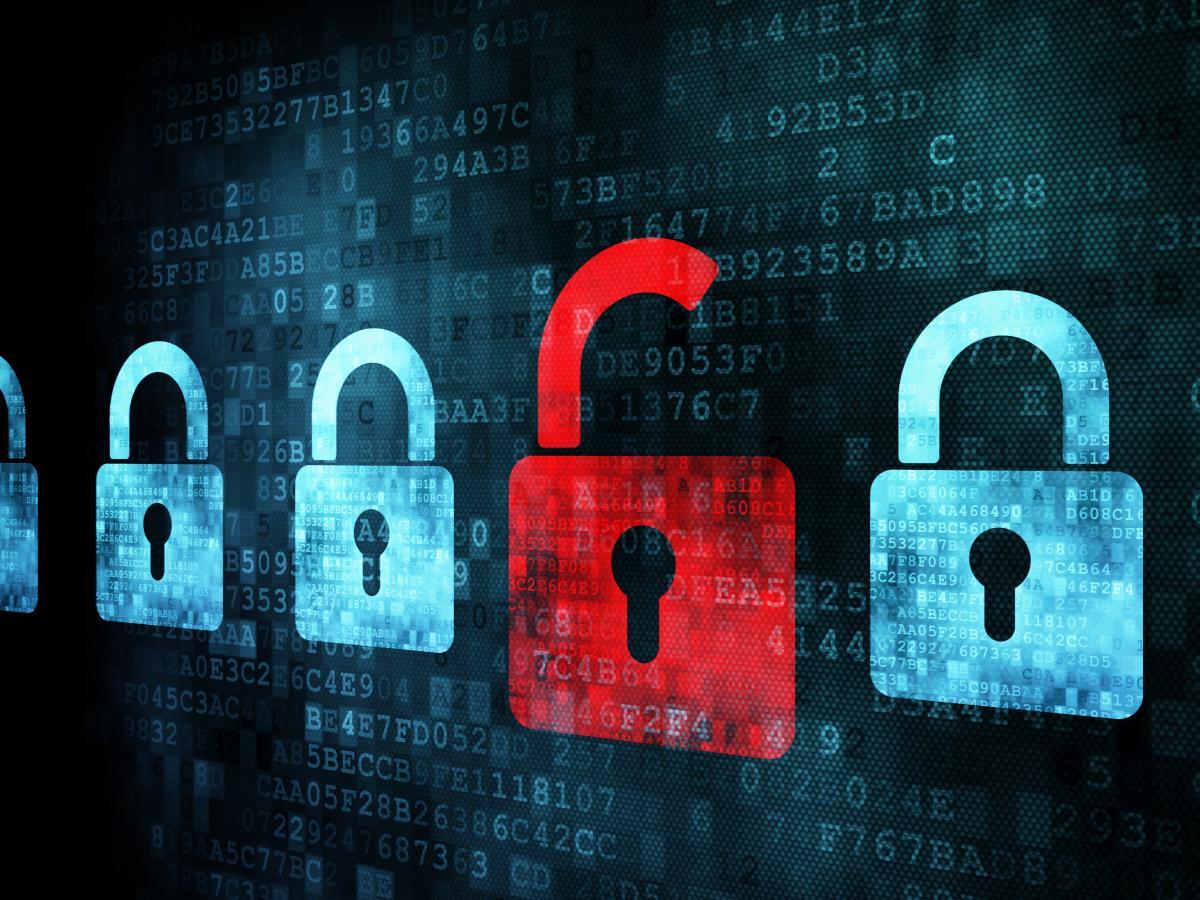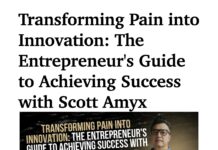The talk about quantum computers has caught on in recent years. Among the major quantum computing and quantum cryptography news that has come out, Microsoft has been hiring top-notch quantum computing scientists. Intel too has plans to transform silicon chips into quantum processors that can host millions of qubits (quantum bits that are basic units that carry quantum information). Such quantum processors are useful for building, for example, an AI based on a neural network of quantum computing devices. Researchers at Tohoku University in Japan have shown a proof-of-concept for this. Earlier this year, the world’s leading pioneer in quantum computers, D-Wave, announced that it is open-sourcing quantum computing software. Further, China’s milestone in developing quantum computer and IBM’s quantum computing processors are exciting developments in the Quantum computing arena.
Kaspersky envisages pretty extreme scenarios regarding quantum computing: it may spell a doom for the future or bring salvation. The current state of cryptography leaves not much to doubt that doom is the more likely outcome. The thesis that “cryptography is one of the very few fields where adversarial conflict continues to heavily favor the defender” could be simply blown to bits until and unless effective and robust quantum cryptography algorithms are developed and adopted widely.
The catch, however, is that quantum cryptography algorithms require a whole lot more computing power than what today’s conventional computers can provide. The good news is that work on quantum computer devices is already on and we may soon have a quantum computer with immense computing power to defend against attackers. The attackers will, however, continue to develop new capabilities to attack and cryptography algorithms need to be always a step ahead.
No Eavesdropping with Quantum Communication
One of the fundamental problems in ensuring secure communication is eavesdropping. Attackers can drop on the conversation and read the conversation bits without either the sender or receiver knowing anything about eavesdropping. Communication using quantum computers guarantees no eavesdropping on the communication between the sender and the receiver. A connection that uses single micro-particles for transmission is immune to eavesdropping. The moment an attacker tries to eavesdrop by trying to read one parameter of the quantum particle, another parameter is altered. Any attempt to spy on a communication results in the alteration of the transmitted message.
Read more on IoT Practitioner.


















